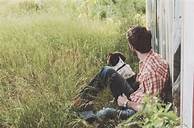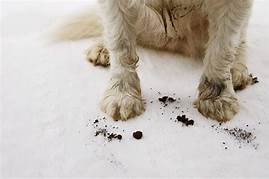Can You Keep Owls as Pets?
Owls are beautiful and fascinating creatures that have captured the imagination of humans for centuries. With their large eyes, sharp talons, and impressive hunting skills, it's no wonder why many people are drawn to these nocturnal birds of prey.

Owls as Pets: A Complex Issue
Keeping owls as pets is a complex issue that involves several factors. While owls may seem like intriguing companions, it's essential to understand the unique challenges and responsibilities that come with owning one. Before deciding whether an owl is the right pet for you, carefully consider the following aspects:
Legal Considerations
1.Legality: The legality of keeping owls as pets varies by region and jurisdiction. In some areas, it may be illegal to possess, import, or sell native owl species without a permit or license. Thoroughly research local laws and regulations to ensure compliance if you intend to keep an owl as a pet.
2.Permits and Licenses: In areas where owl ownership is permitted, you may need to obtain a permit or license from the appropriate authorities. This typically involves meeting specific requirements, such as providing suitable housing and demonstrating proper knowledge and care of owls.
Housing and Care Requirements
1.Space and Housing: Owls require ample space to fly, perch, and engage in their natural behaviors. A spacious outdoor enclosure or a large indoor flight cage is essential to keep an owl as a pet. These specialized enclosures should provide various perches, nesting boxes, and areas for exercise and mental stimulation.
2.Diet: Owls are carnivores with specific dietary needs. They primarily consume live prey, such as rodents, insects, and small birds. Providing a balanced and nutritious diet is crucial for an owl's health. It's important to work with a veterinarian specializing in exotic birds to develop a suitable feeding plan.
3.Training and Socialization: Owls are wild animals and not easily tamed like domestic pets. They may require specialized training and socialization techniques to handle and interact with humans safely. It's essential to seek professional guidance from experienced owl handlers or rehabilitators to ensure the owl's well-being.
Owls in Captivity
1.Behavioral Issues: Keeping owls in captivity can lead to behavioral problems, such as feather plucking, pacing, and aggression. These issues can arise due to inadequate housing, improper diet, lack of socialization, or boredom. It's crucial to provide an environment that meets the owl's physical and psychological needs to prevent such problems.
2.Health Concerns: Owls are susceptible to various health issues, including respiratory infections, parasites, and nutritional deficiencies. Regular veterinary checkups and proper healthcare are essential to keep an owl healthy and thriving in captivity.
3.Lifespan and Commitment: Owls can live for several decades in captivity. Before committing to owning an owl, consider whether you're prepared to provide lifelong care, attention, and resources to the animal.
Conclusion
Owls are remarkable creatures, but they are not suitable pets for everyone. Their unique needs and specialized care requirements make them challenging companions for inexperienced individuals. If you're considering keeping an owl as a pet, thoroughly research local regulations, consult with experts, and be prepared to provide the necessary housing, diet, training, and veterinary care to ensure the owl's well-being throughout its life.
Declaration: All article resources on this website, unless otherwise specified or labeled, are collected from online resources. If the content on this website infringes on the legitimate rights and interests of the original author, you can contact this website to delete it.




